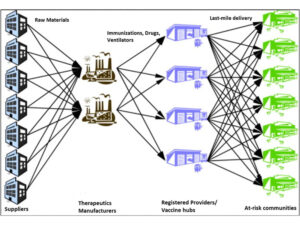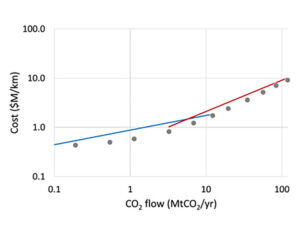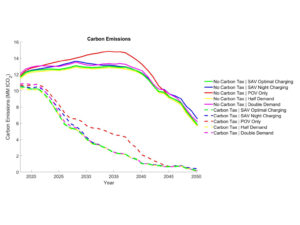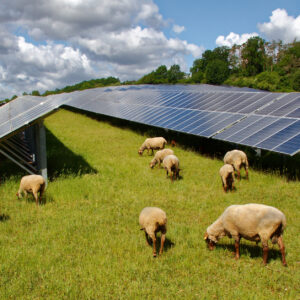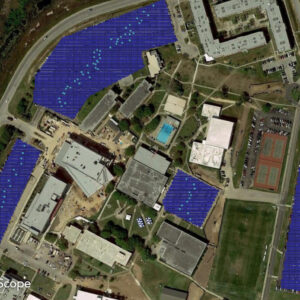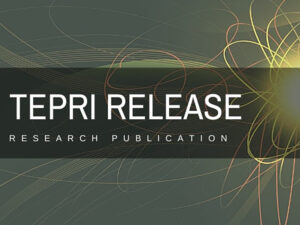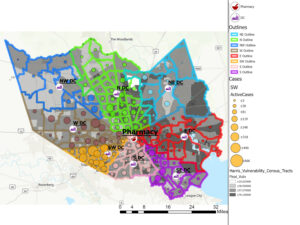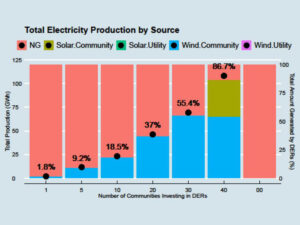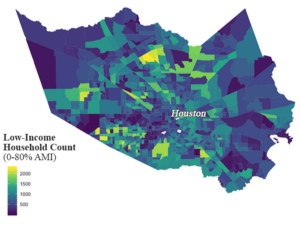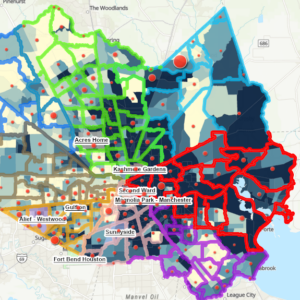Understanding the Last Mile Transportation Concept Impacting Underserved Global Communities to Save Lives During COVID-19 Pandemic
This paper is based on a National Science Foundation funded grant to work on investigating supply chain strategies that would minimize the impact on underserved populations during pandemic
Designing multi-phased CO2 capture and storage infrastructure deployments
We demonstrated the efficacy of our approach with theoretical analysis and an evaluation using real CCS infrastructure data.
Multi-system optimization – intermittent production, flexible demand, emerging technologies
Offers insights on how a multi-system framework can improve emerging technology adoption, reduce GHG emissions, and/or lower individual costs.
Agriculture Solar and Desalination Stochastic Investment Optimization
A Stochastic Optimization scheme balancing food, energy, and water.
Community Solar for Low-Income Households in the Competitive Market
Looking for ways to integrate Community Solar for Low-Income Households in the Competitive Market
When the Lone Star Froze Over
Winter Storm Uri and the lived experiences of Texas low-income communities
Impacting at Risk Communities using AI to optimize the COVID-19 Pandemic Therapeutics Supply Chain
Creates a COVID-19 supply chain for the city of Houston
Decomposing Systems Illustrating the Utility of Distributed Energy Resources with Decomposition Techniques
How distributed energy resources affect the grid solved with decomposition techniques.
Pathways for Reducing Energy Burdens in Harris County
How energy efficiency and solar can reduce the energy burdens of low income communities.
COVID-19 AI-Enabled Supply Chain Optimization
This EAGER award supports fundamental research in technology-enabled supply chain design to effectively deliver therapeutics to at risk populations in an urban setting.

